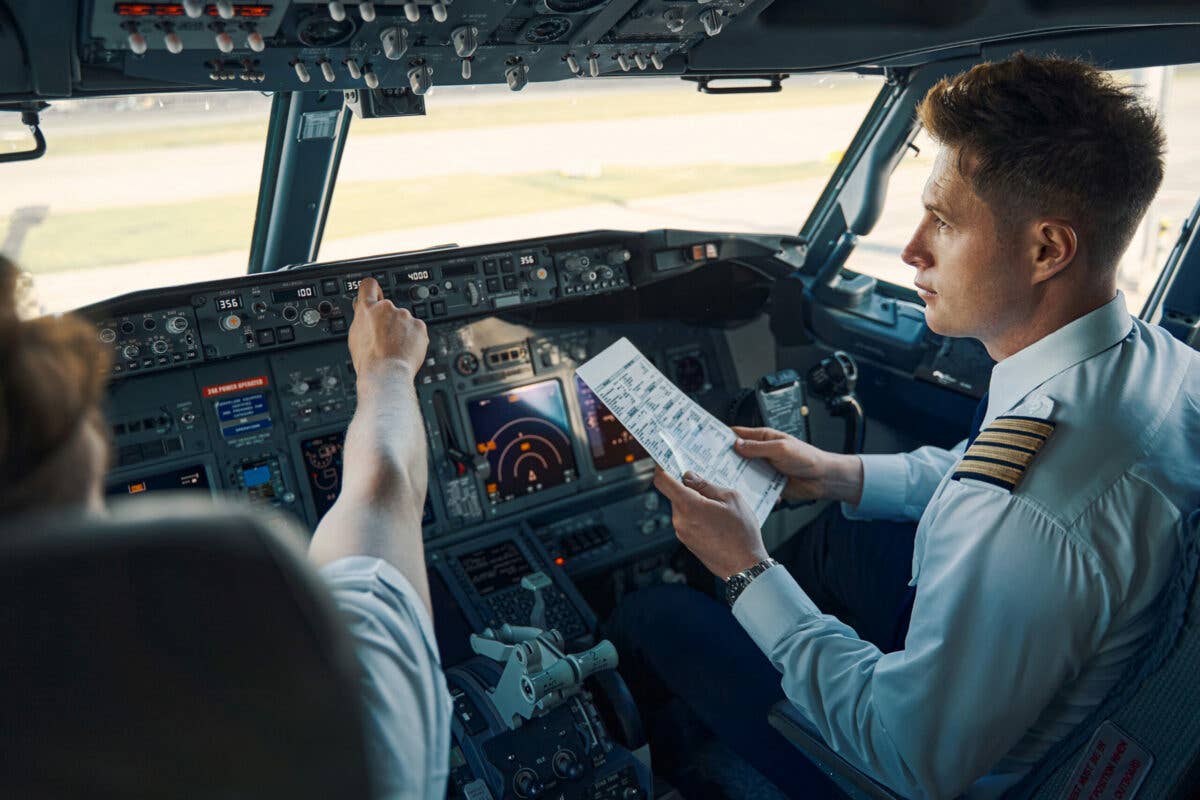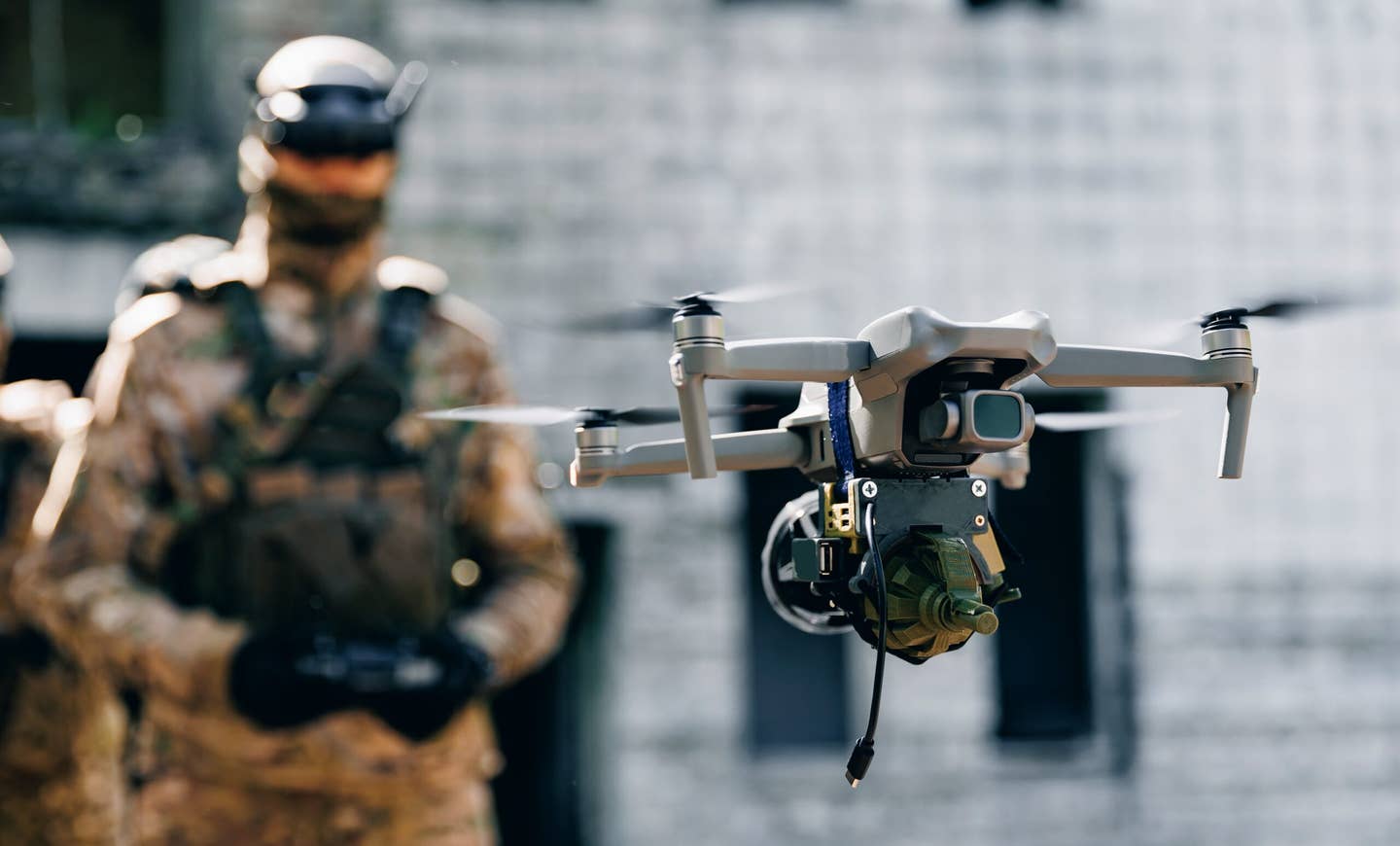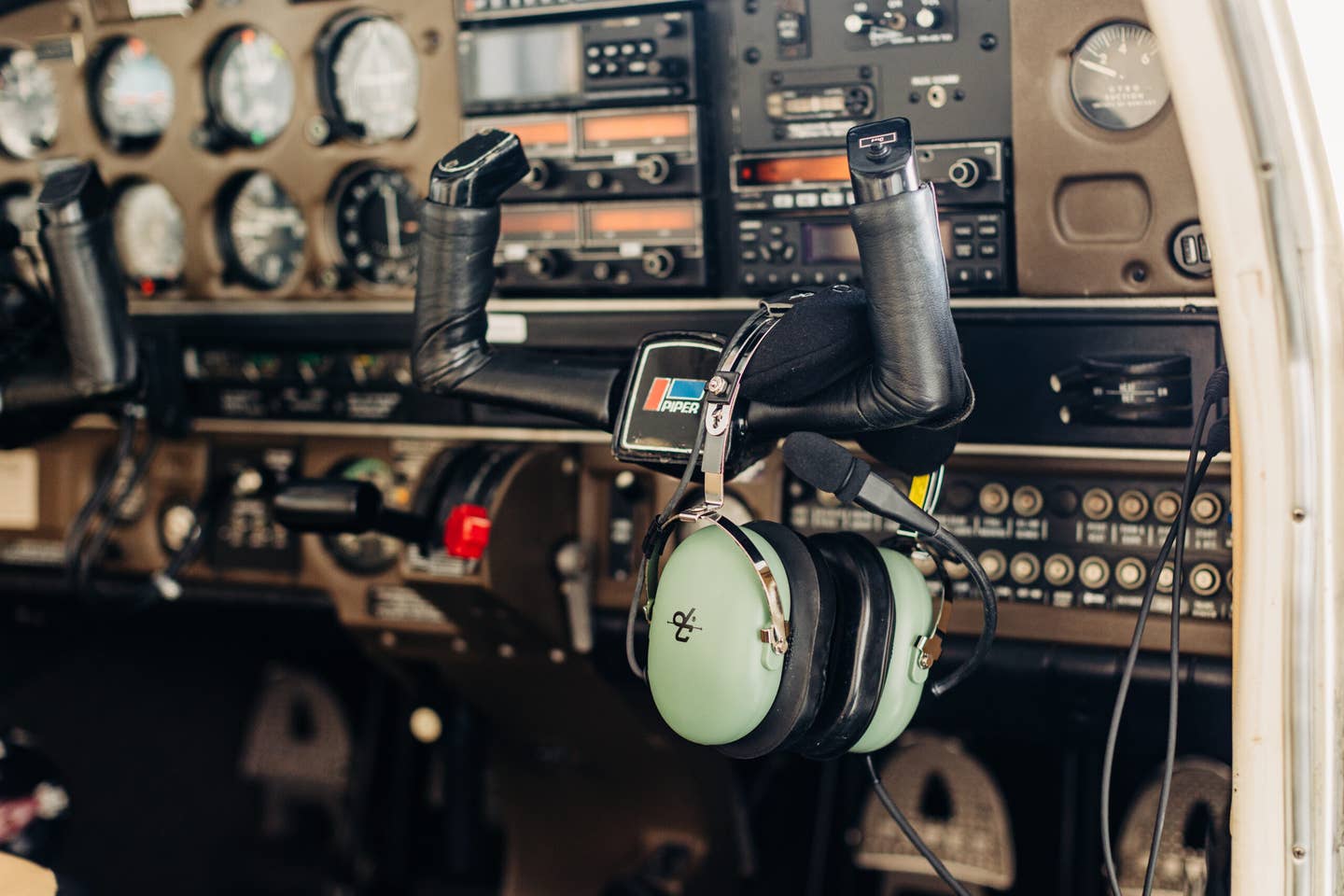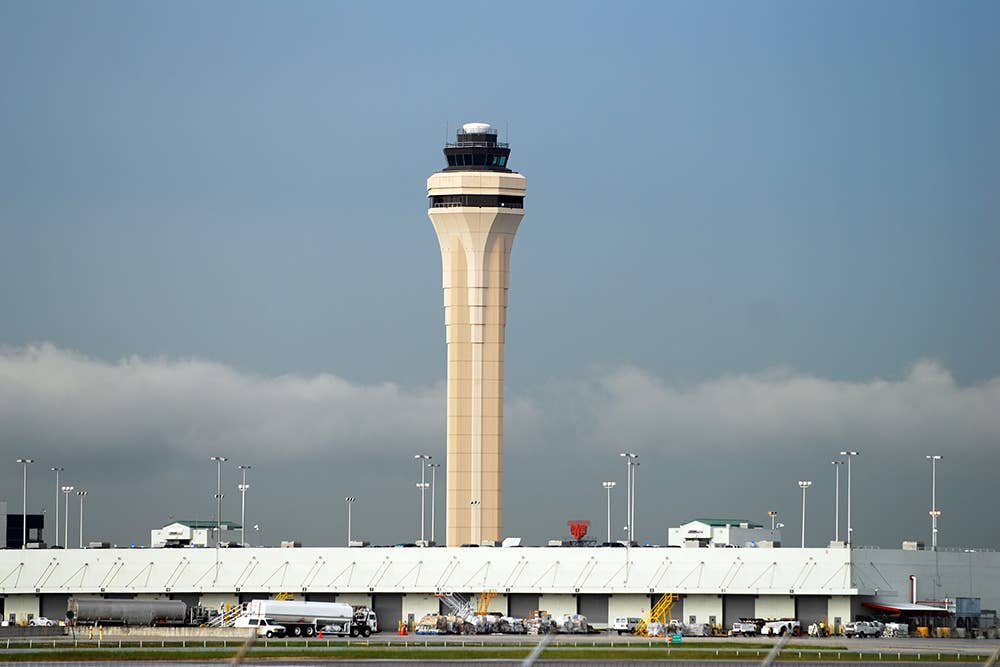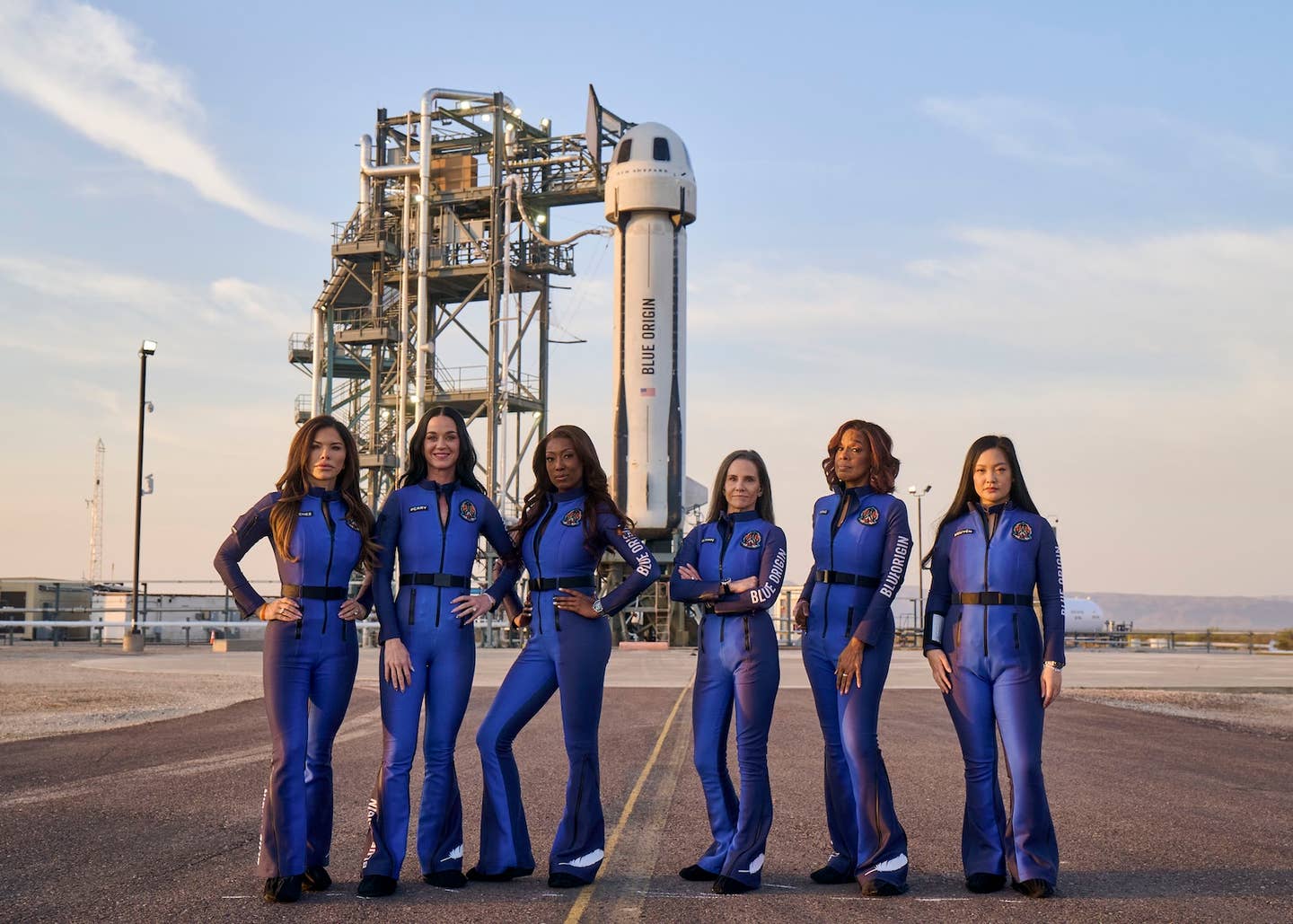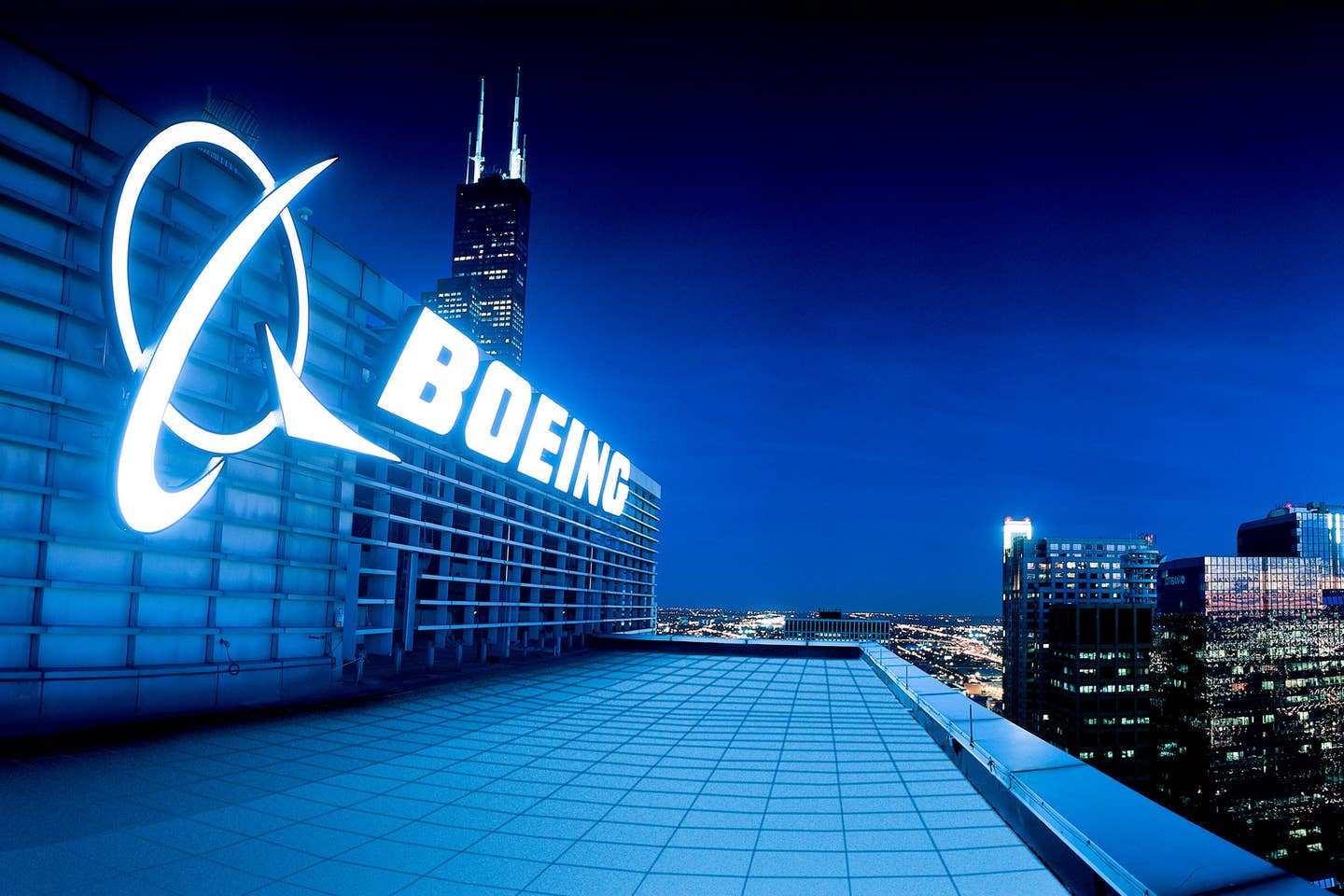
Boeing released its annual market outlook on Tuesday, with signs of a return to pre-pandemic levels. Boeing
Boeing predicts $9 trillion in market opportunities in the aerospace industry during the next decade, signaling signs of recovery from the effects of the pandemic.
According to the 2021 Boeing Market Outlook (BMO), commercial airplanes and services are showing signs of recovery following COVID-19. Boeing’s outlooks signal stability in the global defense, space and government services, as well. The BMO forecast has increased from its pre-pandemic $8.7 trillion in 2019.
“As our industry recovers and continues to adapt to meet new global needs, we remain confident in long-term growth for aerospace,” said Boeing chief strategy officer Marc Allen in a statement Tuesday. “We are encouraged by the fact that scientists have delivered vaccines more rapidly than imaginable and that passengers are demonstrating strong confidence in airplane travel.”
According to the company’s Commercial Market Outlook (CMO), the global aerospace market is making a substantial recovery, especially in domestic air travel. Long-haul travel is projected to hit pre-pandemic levels by 2024.
The CMO also projects a hefty increase in the number of global freighters. By 2040, the CMO predicts the fleet will be 70 percent larger than it was, pre-pandemic.
“The aerospace industry has made important progress in the recovery, and Boeing’s 2021 forecast reflects our confidence in the resilience of the market,” said Stan Deal, president and CEO of Boeing Commercial Airplanes, in a news release.
“While we remain realistic about ongoing challenges, the past year has shown that passenger traffic rebounds swiftly when the flying public and governments have confidence in health and safety during air travel. Our industry continues to serve an essential role of bringing people together and transporting critical supplies.”
The 20-year CMO forecast highlighted the effect of COVID-19 vaccine distribution as an important factor in air travel. According to the news release, countries with widespread vaccine distribution have shown rapid recovery as a result of eased domestic restrictions and increased international travel.
According to Ted Colbert, president and CEO of Boeing Global Services, customers are preparing for market growth and their demand will be met with “the continued adoption of digital tools and services to enhance fleet readiness, reliability, and efficiency.”
The projected labor demand during the next 20 years will require more than 2.1 million personnel, including more than 612,000 pilots, 626,000 maintenance technicians, and 886,000 cabin crew members. Between now and 2024, nearly 44,000 airplanes are set to join the global fleet. The largest portion of those airplanes will be single-aisle aircraft, to “support fleet renewal and long-term passenger and air cargo demand growth in longer-haul markets.”
While that demand is slightly higher than its previous level in 2020, it still remains 8 percent below 2019 estimates.

Sign-up for newsletters & special offers!
Get the latest FLYING stories & special offers delivered directly to your inbox

